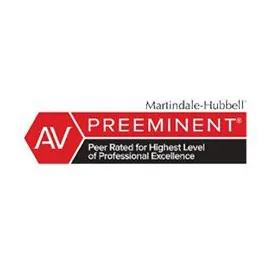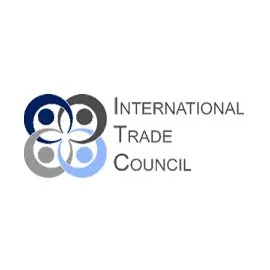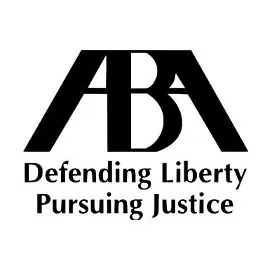Raleigh, NC: (919) 277-9299


Lejeune Litigation Attorneys®
The Camp Lejeune tragedy unfolded between 1953 and 1987 when wells at the United States Marine Corps Base Camp Lejeune in Jacksonville, North Carolina, became tainted with industrial solvent compounds such as trichloroethylene (TCE), perchloroethylene (PCE), benzene, and vinyl chloride.
The contamination remained largely unrecognized until 1984 when a small group of Marines, who were residing on the base, began reporting various health issues. These included primarily birth defects among their children and multiple common cancers among family members. All of these individuals had been exposed to the contaminated water for years before its potential harm was acknowledged.
It was only after extensive investigations by environmental scientists and lawyers that the military realized its mistake. By then, thousands of people had already been exposed to the toxic chemicals, resulting in enduring health complications such as cancer, infertility, birth defects, and other serious medical conditions linked to their exposure. Tragically, there have even been confirmed cases of fatal illnesses directly linked to the contaminated water at Camp Lejeune. It is estimated that up to a million people may have consumed or otherwise been exposed to contaminated drinking water while stationed or living at Camp Lejeune during this time period.
To address these issues, the Camp Lejeune Justice Act of 2022 was enacted. The law allows anyone who spent time at Camp Lejeune for no less than 30 days between August 1, 1953, and December 31, 1987 to sue the U.S. Government.
The Camp Lejeune Justice Act has provided an avenue for individuals to obtain the much-needed relief to those who suffered due to the water contamination at Camp Lejeune. Ed Bell and the Bell Legal Group Lejeune Attorney Team® are committed to assisting Lejeune Families℠ of this tragedy.
Injuries Linked to the Camp Lejeune Water Contamination Tragedy
Illnesses, injuries, and deformities—all stemming from contaminated water. The Camp Lejeune tragedy has inflicted devastating impacts on numerous veterans and their families spanning several years. From physical ailments like cancer and infertility to mental health challenges including PTSD and depression, these individuals endure enduring health repercussions due to their exposure to toxic water.
CLJA LITIGATION TEAM® is ready to advocate for you if you were exposed to the contaminated water at Camp Lejeune between 1953 and 1987 and subsequently experienced any health conditions including but not limited to the following:
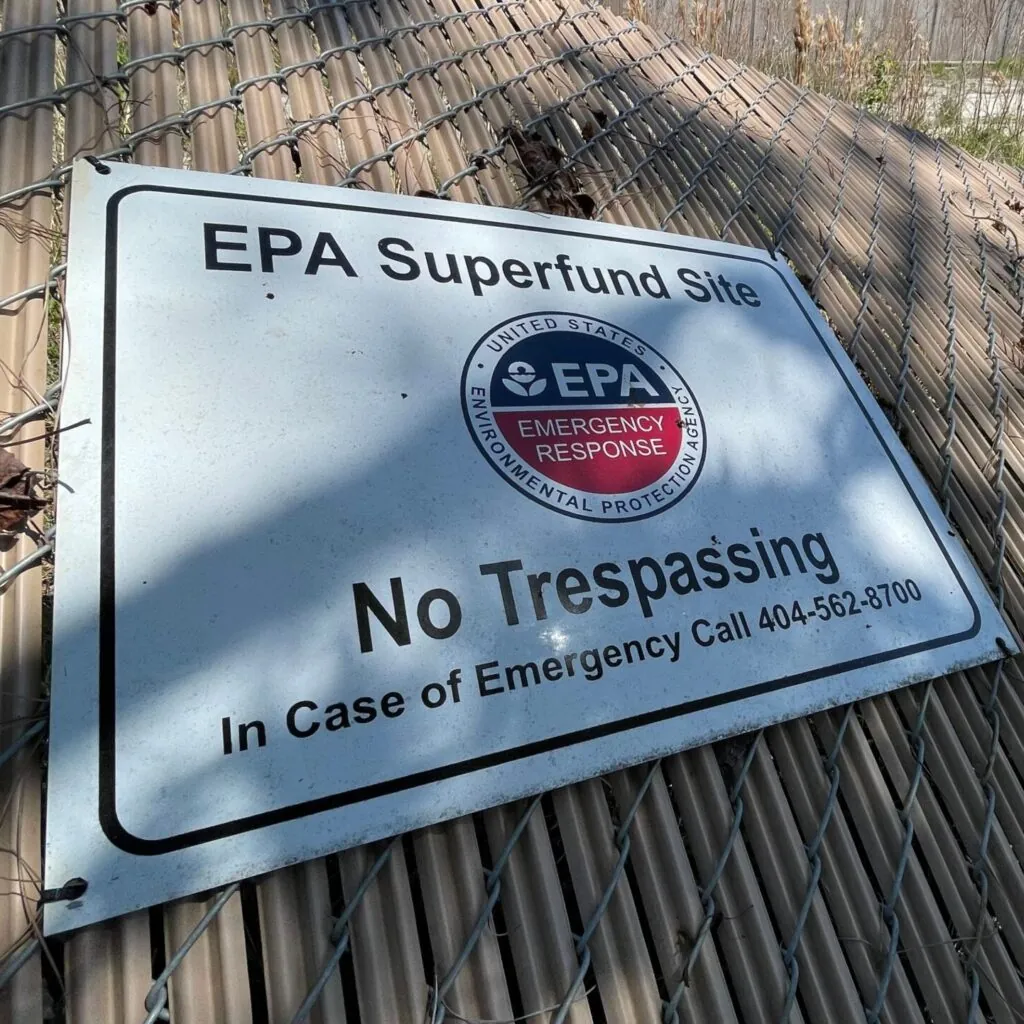
Compensation for Victims of Toxic Water
You may be eligible to file a Bard PowerPort lawsuit if you or a loved one:
To obtain compensation for health conditions stemming from exposure to contaminated water at Camp Lejeune, you must establish that you resided or worked at the facility for a minimum of 30 days at any point between 1953 and 1987. Although this may appear straightforward, securing the full compensation you deserve for this tragedy can often be more challenging than expected. At Bell Legal Group, our Lejeune Justice Lawyers® is dedicated to all Lejeune Families® .
If a loved one succumbed to the effects of contaminated water exposure at Camp Lejeune, you might be eligible to pursue a claim to secure compensation on their behalf. The Bell Legal Group Lejeune Team℠ can assess whether you have the legal standing to initiate such a claim and guide you through the process.
To obtain compensation for health conditions stemming from exposure to contaminated water at Camp Lejeune, you must establish that you resided or worked at the facility for a minimum of 30 days at any point between 1953 and 1987. Although this may appear straightforward, securing the full compensation you deserve for this tragedy can often be more challenging than expected. At Bell Legal Group, our Lejeune Justice Lawyers® is dedicated to all Lejeune Families® .
If a loved one succumbed to the effects of contaminated water exposure at Camp Lejeune, you might be eligible to pursue a claim to secure compensation on their behalf. The Bell Legal Group Lejeune Team℠ can assess whether you have the legal standing to initiate such a claim and guide you through the process.
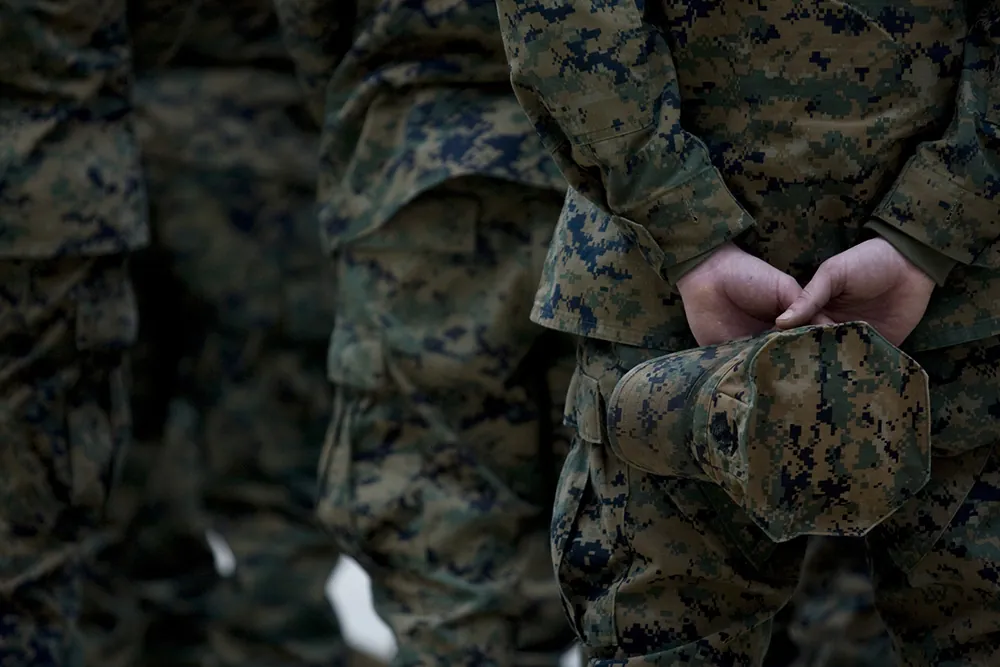
Phase I Update: Momentum Builds for the Camp Lejeune Lawsuit
Efforts to protect the rights of those harmed by Camp Lejeune water contamination continue as the lawsuit intensifies. Meet-and-confers and…

Exposure Requirements for Camp Lejeune Claims
Nearly a million people were exposed to toxins at Camp Lejeune due to the sizable base population and its widespread…
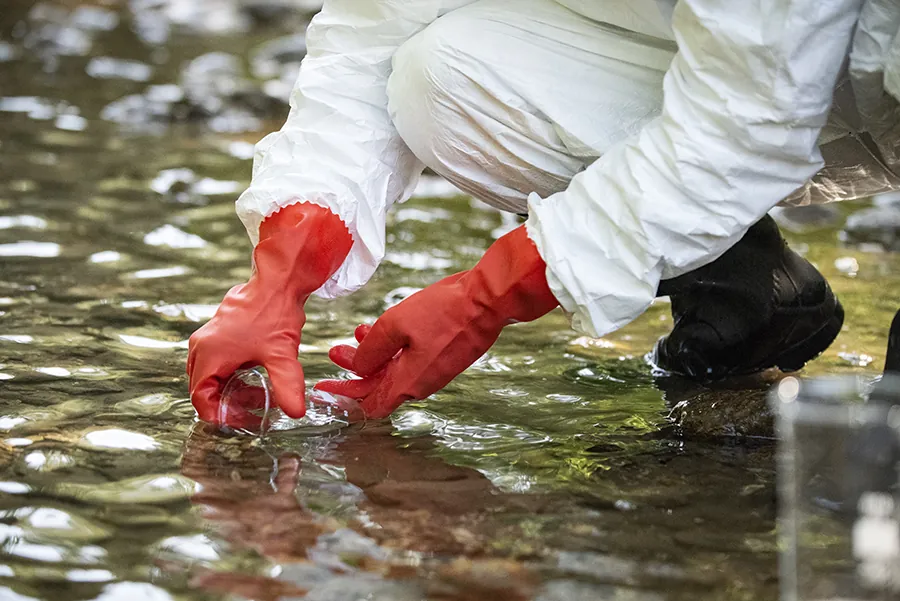
Decades-Long Effects of Camp Lejeune Chemical Exposure
James served at Camp Lejeune as a healthy young man but after leaving, his mental and physical health declined, and…

FAQs About Camp Lejeune Lawsuits
Many military members reach out to us with questions about Camp Lejeune claims and lawsuits. Read on to get answers…

Courts Push for Common Ground on Camp Lejeune Trial Framework
The latest Order by Magistrate Judge Jones reinforces the Court’s desire for swift proceedings. The Plaintiff’s Leadership Group (PLG) and…

Camp Lejeune Trial Update: Track 1 Plaintiffs Finalized
An Order was issued by all four Camp Lejeune Judges on July 9, 2024, confirming which Plaintiffs will proceed to…

CLJA Claims Deadline Passes
The window for filing Camp Lejeune Justice Act (CLJA) claims has closed, but this ending marks only the beginning for…

Camp Lejeune Track 1 Pretrial Schedule Released
An Order for the Camp Lejeune litigation, issued on August 7, 2024, provides a schedule for pretrial matters related to…

Edward Bell Reappointed Lead Counsel for Camp Lejeune Plaintiffs’ Leadership Group
The Court for the Camp Lejeune litigation has reappointed the Plaintiffs’ Leadership Group (PLG) for an additional term, keeping Edward…
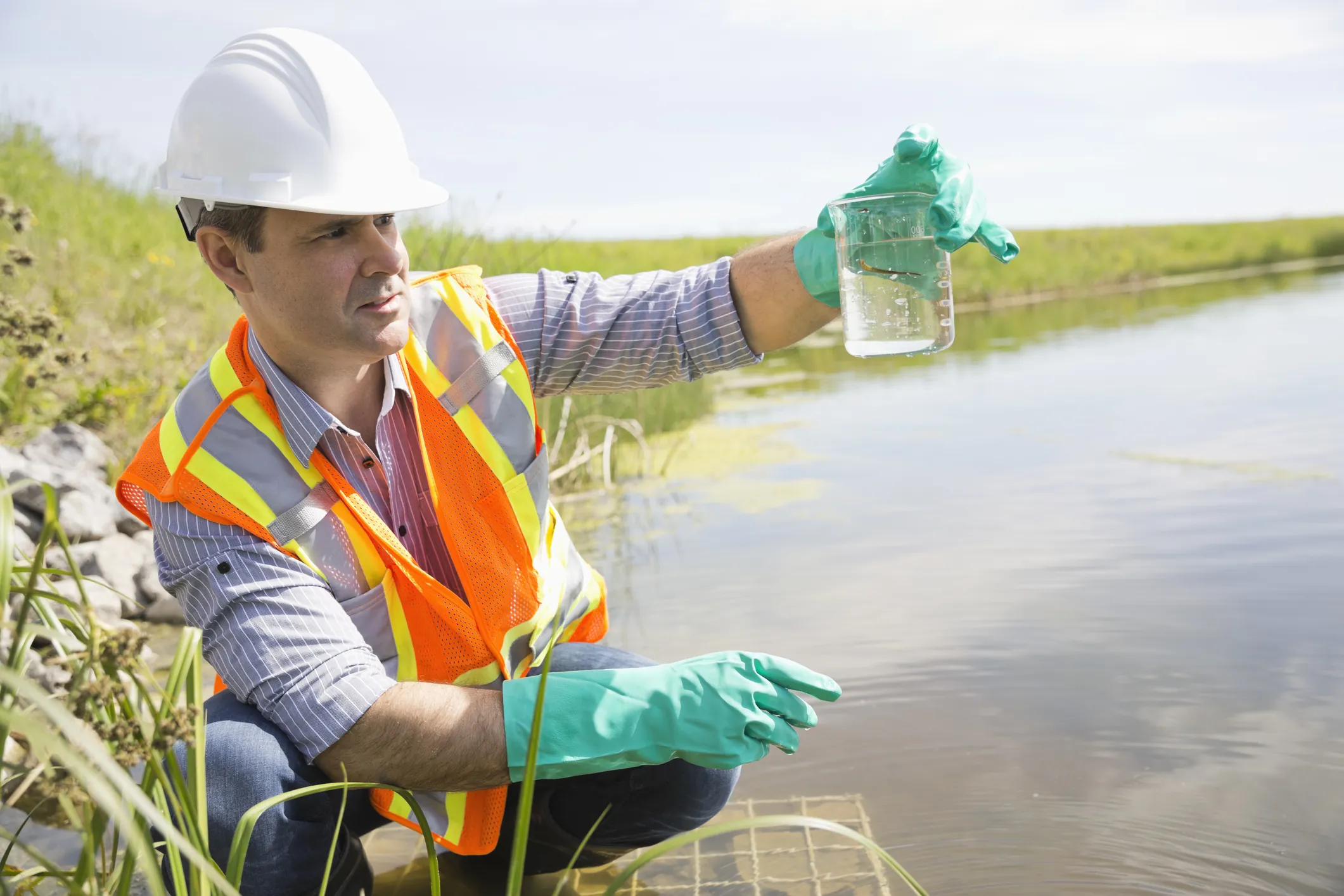
10 Facts About Camp Lejeune Water Contamination
Hearing the facts about Camp Lejeune’s water contamination isn’t easy for anyone, least of all those whose lives were forever…

Camp Lejeune Judges Appoint a Settlement Master and Liaison
The Judges overseeing the Camp Lejeune Litigation case have issued an Order appointing a Settlement Master and liaison, bringing those…

Court Issues Order Confirming Two Threshold Issues Must Be Resolved Before Camp LeJeune Trials Begin
At the Status Conference held on June 27, 2024, United State Magistrate Judge Robert B. Jones, Jr. announced that two…
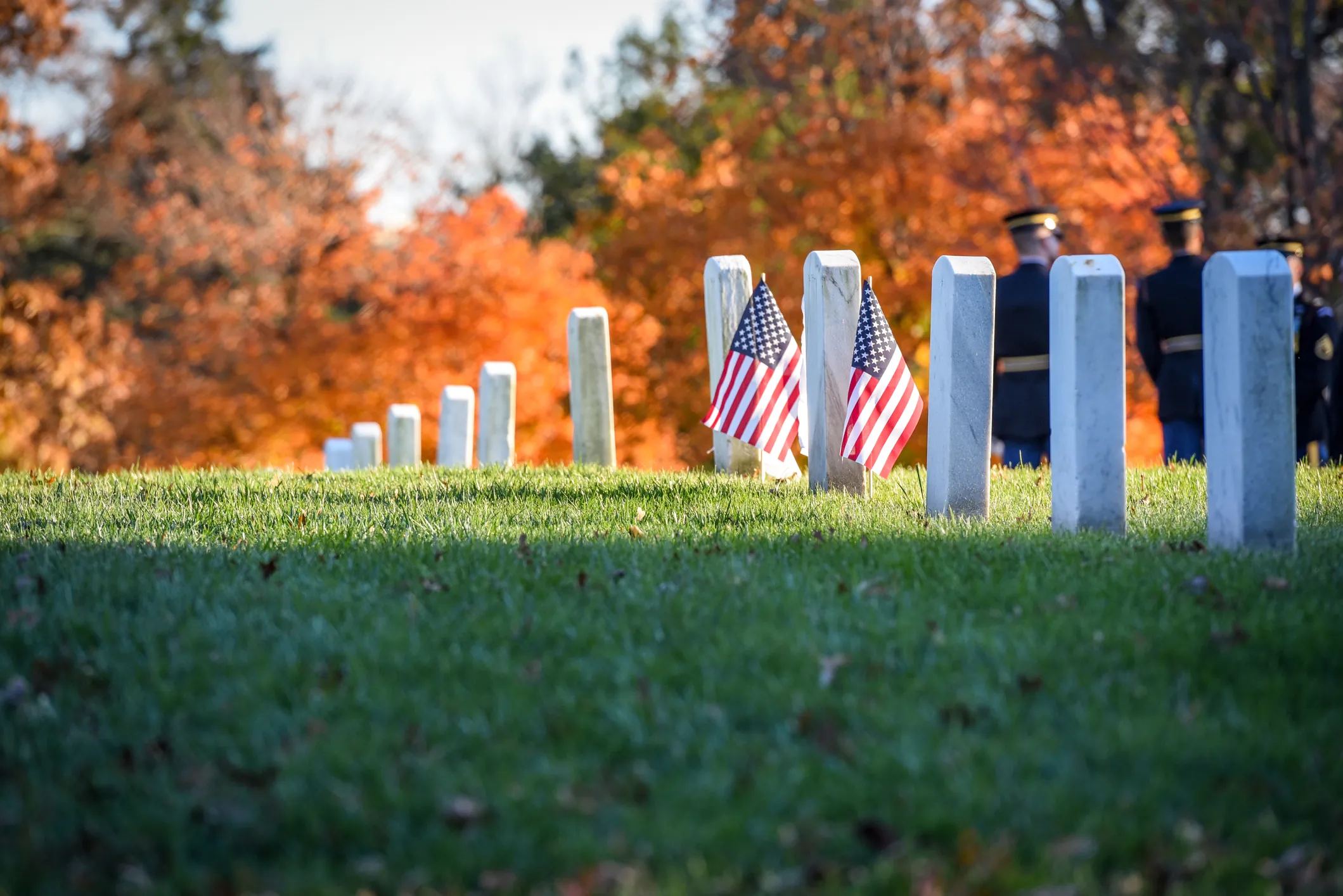
New Legislation To Change the Dynamics of Camp Lejeune Trials
The Capitol Hill publication Roll Call has released updates about lawmakers’ strategies to expedite lawsuits filed against the Government after…
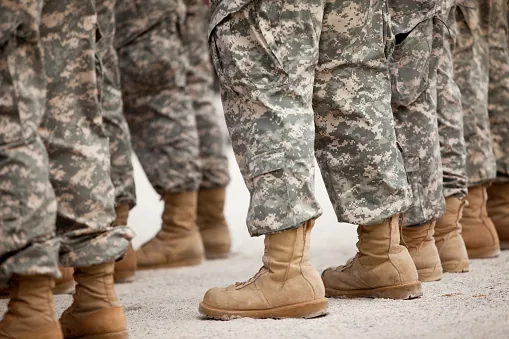
Critical Deposition Allowed by Camp Lejeune Judge
The Court denied Defendant’s motion to prevent the deposition of Dr. Christopher Portier and will allow the former director of…

Order for Camp Lejeune Track 1 Plaintiff Selection
The Court overseeing the Camp Lejeune Water Litigation entered an important Order this week regarding guidelines for selecting Track 1…

Camp Lejeune Status Update: Motions & Depositions
The first status hearing conference for 2024 centered around pending Motions regarding Camp Lejeune discovery and a jury trial, plus…

Camp Lejeune Court Hearing: Discovery Disputes
Conversations regarding the Camp Lejeune court hearings continue to center around challenges with information gathering and discovery disputes. The Camp…

Camp Lejeune Status Conference: Barriers to Claims Progress
A status conference on the Camp Lejeune lawsuit claims progress was held on October 30, 2023, addressing roadblocks and resolutions…

Bipartisan Legislation To Expedite Camp Lejeune Cases
Two North Carolina Representatives, Deborah Ross (NC-02) and Greg Murphy, M.D. (NC-03), have introduced the Camp Lejeune Justice Correction Act…

A Detailed Look at the Toxic Chemicals in Camp Lejeune’s Water
Camp Lejeune’s water has been described as a toxic stew of chemicals known to cause significant health issues from cancer…

Motions To Expedite Select Camp Lejeune Cases
The Plaintiff’s Leadership Group (PLG) has filed Motions To Expedite Trials for select Camp Lejeune cases, as the timeline for…

Camp Lejeune Lawsuit Update: Status Conference Pushes for Progress
“How long will the Camp Lejeune lawsuit take?” is a question echoed by thousands of people affected by the contaminated…
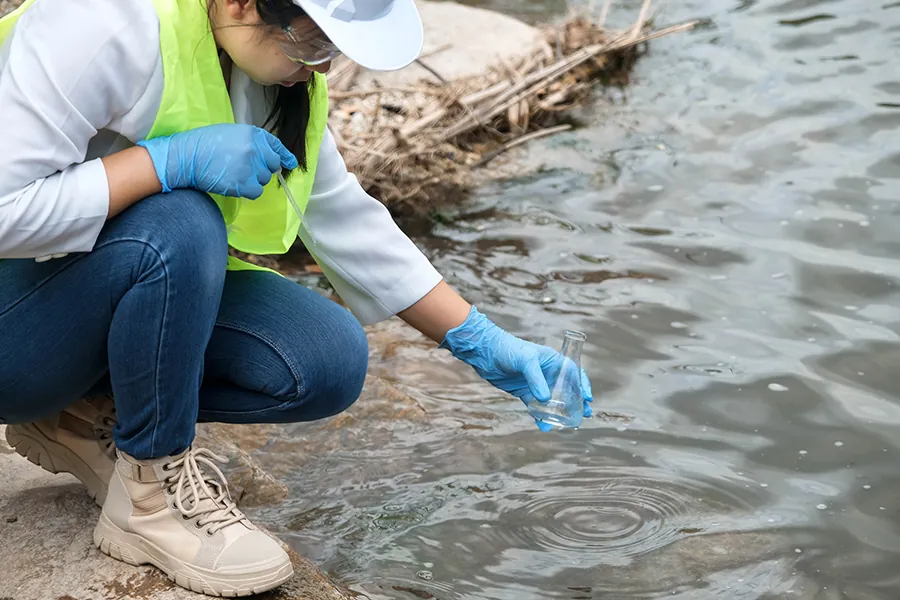
The History of Camp Lejeune Water Contamination
The history of Camp Lejeune’s water contamination reads like fiction, but the drama, deceit, and heartbreak are very real for…
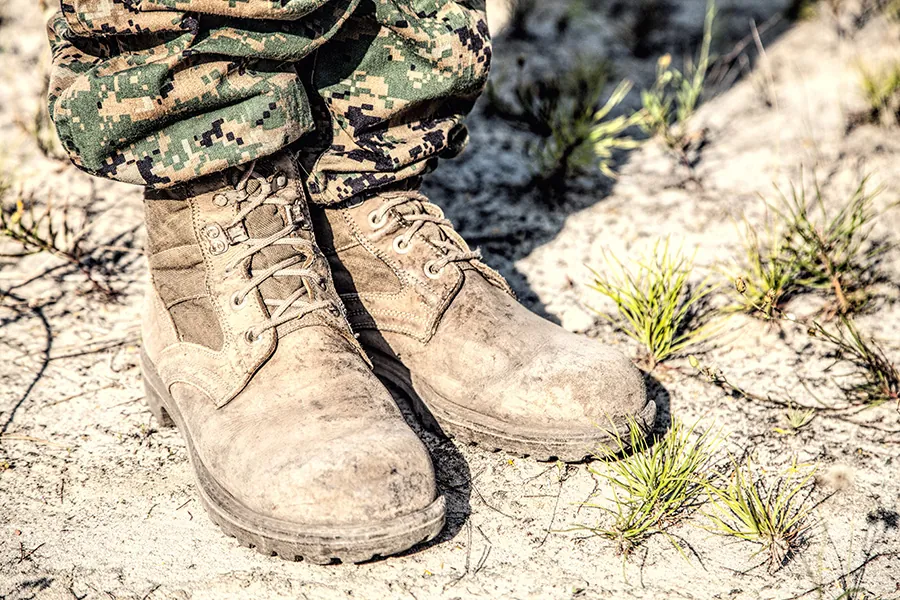
The Government Ignored Camp Lejeune Water Contamination Studies
Camp Lejeune water contamination studies tie health problems, including cancers and premature births that military families experienced, to their time…

Camp Lejeune Water Contamination Changed Military Families Forever
The Camp Lejeune water contamination tested military families who thought they knew what to expect when their loved ones stepped…

The Health Impacts of Camp Lejeune Water Contamination
For veterans like Jeff, the health impacts of Camp Lejeune water contamination go beyond physical ailments. The mental anguish, guilt,…

Camp Lejeune’s ‘Baby Heaven’ Is Anything But
Time hasn’t diminished the emotional pain or anguish parents still feel for the children they buried in Baby Heaven at…

Scientific Studies on Contaminated Water and Diseases at Camp Lejeune
Anthony served in the military when the contaminated water at Camp Lejeune was silently poisoning the Marines and their families.…

The Camp Lejeune Justice Act Story: Bringing the Cases to Court
The Government’s wrongdoings at Camp Lejeune impacted tens of thousands of individuals. The Marines who stepped up to fight for…

Camp Lejeune Litigation Update: Track 2 Illnesses Released
The Court’s selection for Track 2 illnesses for the Camp Lejeune Water Litigation Case, Case No. 7:23-cv-897, was released on…

Cardiac Birth Defects in the Children of Camp Lejeune
Contaminated drinking water caused children at Camp Lejeune to experience cardiac birth defects, childhood cancers, and adult-onset diseases. Expectant mothers…

Camp Lejeune ATSDR Cancer Incidence Study
. It is bittersweet that the cancer study results of the Agency for Toxic Substances and Disease Registry (ATSDR) confirm…

Camp Lejeune Litigation Update: Track 1 Bellwether Trial Cases Released
Gavel on desk. Isolated with good copy space. Dramatic lighting. The long-awaited Track 1 Bellwether Plaintiffs for the Camp Lejeune…

U.S. Navy Reports Approximately 5,000 Camp Lejeune Water Contamination Claims to Date
In just the first month following the removal of legal obstacles by new legislation, approximately 5,000 claims related to water…

Camp Lejeune Water Contamination: A Historical Overview
The Camp Lejeune Water Contamination Scandal: A Historical Perspective The Camp Lejeune water contamination incident is a protracted narrative deeply embedded in…

Legal Rights and Choices for Those Affected by Camp Lejeune Water Contamination
The Camp Lejeune water contamination stands as one of the most significant cases of environmental pollution in the history of the U.S.…

Empowering Camp Lejeune’s Water Contamination Victims to Take Action
McNamara stumbled upon the information about Camp Lejeune’s water contaminants unexpectedly when he followed his doctor to the Wilkes-Barre VA…

Camp Lejeune Product Sharing Personal Experiences with Toxic Water and the Significance of the PACT Act
“In just 90 days, my life transformed from being a content father of four in a happy marriage to receiving…

Significant Development: New Law Aids Victims of Lejeune Contamination in South Carolina
“It’s been a long-awaited moment,” he remarked before entering the bill-signing ceremony. “Our veterans, Marines, and their families – it’s…

“We’ve Finally Achieved Justice”: PACT Act Benefits Camp Lejeune Families Exposed to Toxic Water
The Camp Lejeune Justice Act is a part of the PACT Act, which grants individuals who lived, worked, or were…
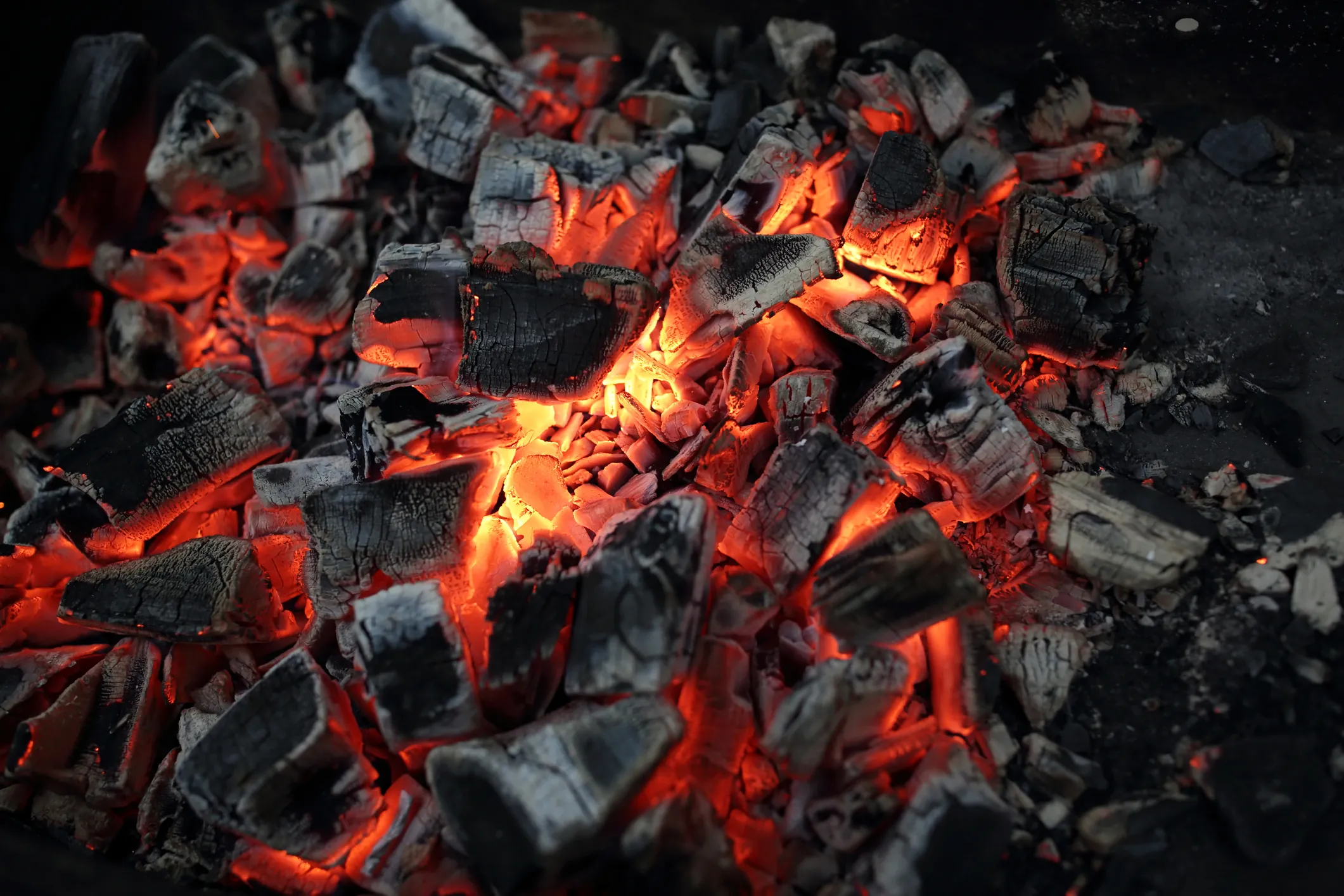
“You’re the Bedrock”: Biden Enacts “Burn Pits” Assistance for Veterans
“Veterans who have become so ill that they cannot work, and are unable to provide for their families, will no…

Biden Enacts Veterans Benefits Bill Featuring Cartwright’s Legislation
U.S. Rep. Matt Cartwright, representing the 8th District of Moosic, engaged in a conversation on Wednesday with Timothy Borland, the…

President Biden’s Speech at the Signing of S. 3373, “The Sergeant First Class Heath Robinson Honoring Our Commitment to Address Comprehensive Toxics (PACT) Act of 2022”
A fraction of a percent among you – less than 1 percent – put everything on the line to protect…

PACT Act Delivers Long-Awaited Justice to Camp Lejeune Victims
Williams-Pride is currently taking legal steps to address the suffering she and other parents, who never had the chance to…

Expansion of Veterans Benefits: PACT Act En Route to President Biden’s Desk
Enhanced Veterans benefits to be expanded as PACT Act approaches President Biden’s desk. Allyson Rupp (she/her) | Dewey Square Group…

Camp Lejeune’s Water Contamination Altered Lives. Decades of Advocacy Finally Led to Change
The PACT Act may not reverse the damage, but it has the potential to alleviate enduring consequences. Ensminger observed last…

Biden Signs Veterans Toxic Exposure Bill Into Law
Biden was accompanied by McDonough, congressional representatives, veterans with prior toxin exposure, and delegates from Veterans Service Organizations. The introduction…



